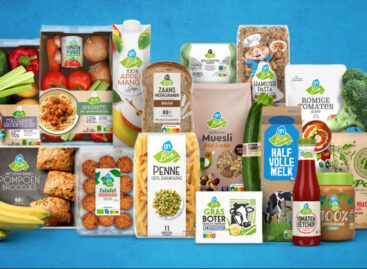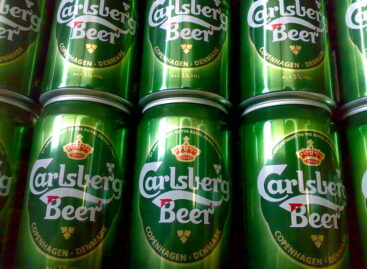Danes need a pleasant environment for shopping
Modern store chains are very strong in Denmark. The food retail business is highly concentrated. Health-consciousness has a major influence on consumption, while demand for premium and luxury products is also high. There are 1,927 supermarkets and hyper markets, 1,238 discount stores, and approximately 3,000 smaller stores in Denmark. Five retail chains owned by three companies accounted for 58 per cent of total food sales last year. Four out of the five are supermarket chains (Super Best with 204 units, Kvickly with 80 units, Super Brugsen with 271 units and Fotex with 78 units), while Nettó is a discount chain with 381 units. Over half of Danish consumers buy fresh meat, fresh vegetables and fruits most frequently in supermarkets. The key words in consumption are health, bio, pleasure and global warming, with health in first place. Sales of organic products rose by 28 per cent in terms of value compared to 2007. Denmark has the highest proportion of regular customers of bio products in Europe, as two-thirds of consumers buy bio-products at least once a month. Supermarkets are the leading distribution channel for bio products, with large discount stores in second place. Fair trade products are also increasingly popular, with a 41 per cent year on year increase in sales in 2008. Apart from the excellent quality of fresh food, the most important consideration for Danes in choosing a store is a pleasant environment. Danes need good service and a wide assortment of quality products in all fresh food categories. Instant food, private labels and easy parking are among the least important considerations.
Related news
Related news
MBH AgrárTrend Index: Hungarian agriculture faces significant changes in 2026
🎧 Hallgasd a cikket: Lejátszás Szünet Folytatás Leállítás Nyelv: Auto…
Read more >




